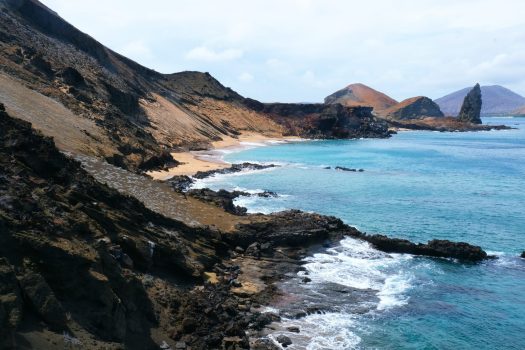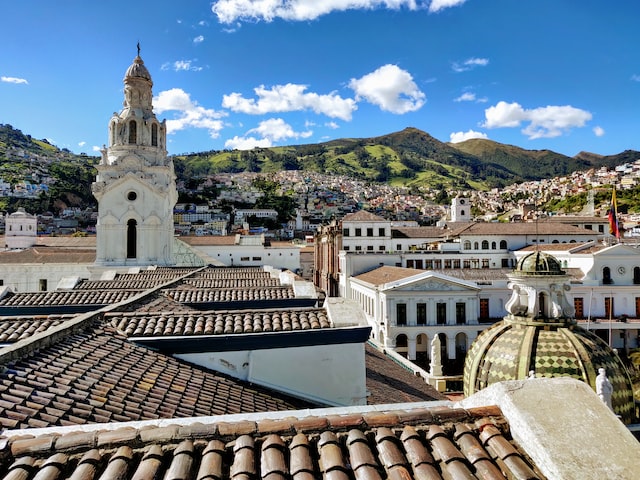
'Off Grid' Repatriation from the Galapagos Islands to the USA

Homeland International were recently engaged by a funeral home in the USA who required our assistance with complex support from the Galapagos Islands, Ecuador. The Galapagos Islands are a group of mostly uninhabited, highly remote islands famous for their unique landscapes and wildlife. Regular flights from the islands are unavailable for passengers and for the repatriation of a deceased person, options even more limited making a repatriation particularly challenging.
Homeland International were able to quickly collate an all-inclusive costing from the Galapagos Islands back to Cleveland USA to the client, a US based funeral director, within just 2 hours from initial enquiry. The Funeral Director was grateful to find a company able to deliver a quick and efficient solution for them and the family in their care and quickly approved our quote, allowing us to commence.
Despite our quick intervention, a local person has already been engaged to transport the deceased person from the place of death, to a basic mortuary facility with no refrigeration. This immediately created a problem as they were demanding we pay a large sum of money before they would release the deceased person to our local agent. Fortunately, through our strong and experienced international network of suppliers, we quickly ascertained that the amount being demanded was unlawful and unjustified. In some areas of the world, these situations are not uncommon and require us to negotiate fairly to protect our clients whilst ensuring we do not delay the repatriation for too long whilst negotiating. It is vital we engage with contacts we trust around the world because in these situations we rely upon these local experts who understand how to best communicate based on local languages and cultures. Thankfully, we were able to quickly negotiate with this individual, reducing the costs demanded for their services and enabling us to quickly plan the first stage of the journey home.
Our next challenge was more logistical. There aren’t a great number of flights from the Galapagos and the flights that are scheduled are small passenger planes that cannot accommodate human remains. For that reason, we promptly instructed a private jet to transport our Quito based team and an empty coffin to the Galapagos islands. Once again a clear demonstration of the importance of strong relationships with a whole host of worldwide contacts, including Funeral Directors and embalmers as well as private jet airlines, luggage couriers and more, who can be called upon to step up at short notice. On arrival to the remote islands, we were able to apply some basic care and preparation to the deceased to help until we were able to embalm in mainland Ecuador before conveying to the jet for the flight back to Quito.
As we disembarked in Quito and the most complex part of this repatriation was now behind us. Now began the work of what a ‘regular’ repatriation case from Ecuador would be like. Most importantly, we needed to complete an international embalming of the deceased person as quickly as possible, largely due to the time lost so far and the fact that the conditions in the Galapagos were below international standards. In the meantime, the paperwork process was navigated and upon completion, the documents were submitted to the US Embassy for approval. At this stage we were able to work with the receiving funeral home in Cleveland, ascertaining what flights we had available and when they would be able to collect from the airport.

Homeland International can assist with airport collections anywhere in the world, however for this case the receiving funeral home indicated it was something they wanted to do themselves. A few hours after arriving with the embassy, their consular mortuary certificate was handed over to us and the local process was therefore complete. To finalise the repatriation, flights were booked back to the USA via Houston and we provided the receiving funeral home with all the documents they needed to collect. Despite the geographical, financial and logistical challenges, the Homeland International team were able to complete the repatriation in just 16 days.
